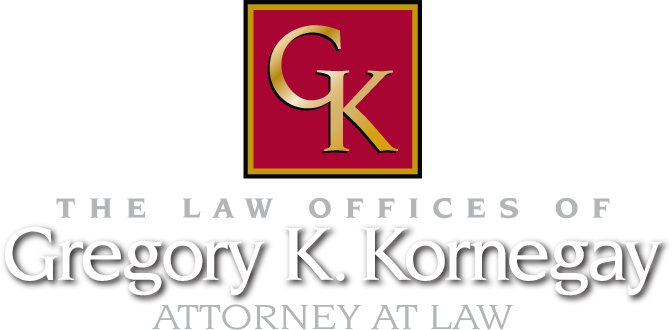Stop the harassment
Bankruptcy
Attorney
Bankruptcy can help save your car, house or other property. Stop the harassment and give yourself hope today.
If your finances are in turmoil and you need a bankruptcy attorney in Southeastern NC, we will help you get the fresh start you need.
If any of these problems have created financial difficulties in your life, you aren’t alone. Many people with serious financial problems have found hope. An experienced bankruptcy attorney can help you file for Chapter 7 or Chapter 13 bankruptcy and erase your debts while giving you a fresh start in life.
No bankruptcy is fun, but it is very do-able with the right guidance and a step by step approach. Hiring the best bankruptcy attorney in Wilmington, NC and filing for bankruptcy stops your creditors from trying to collect from you – immediately!
Chapter 7 Bankruptcy vs. Chapter 13 Bankruptcy
There are two basic types of consumer bankruptcy cases for individuals.
Chapter 7 Bankruptcy
Chapter 13 Bankruptcy
There are a couple of major differences between these two types of bankruptcy … your Wilmington Bankruptcy Attorney, Gregory Kornegay, can explain in greater detail, but the major differences are outlined below.

Chapter 7 In General
In chapter 7 bankruptcy, you don’t pay down any of your debt, and the entire process takes between three and four months. There are basic steps to filing Chapter 7 Bankruptcy. Most of the time, you get to keep all of your property. However, if some of your property is not covered by an exemption, you may have to give it up so it can be sold and the proceeds distributed to your creditors. Chapter 7 bankruptcy is liquidation – it cancels most types of debt.
Chapter 7 is probably advisable if:
- Debts are mostly unsecured and dischargeable (credit cards, medical bills, personal loans)
- There is very little, if any, non-exempt property
- You are not having to cure defaults in order to keep certain property
- You don’t have enough disposable income to do a Chapter 13 plan

Chapter 13 In General
In a chapter 13 bankruptcy, you pay down some or all of your debts over a 3 to 5 year period and discharge or cancel some of the debt – whatever is left over at the completion of your plan. You get to keep all of your property, regardless of its value. Chapter 13 bankruptcy is a repayment plan – it gives you time to pay on your debt. There are basic steps to filing Chapter 13 Bankruptcy.
Chapter 13 is probably advisable if:
- Some of your debts are non-dischargeable (i.e., child support, taxes, spousal support, fines and penalties, student loans)
- You want to keep non-exempt property
- You want to cure your default on a mortgage or car loan
- You have enough disposable income to fund a Chapter 13 plan
Chapter 13 is an alternative to liquidation under Chapter 7. Chapter 13 debtors, unlike Chapter 7 debtors, normally get to keep their nonexempt assets. Even the Chapter 7 debtor gets to keep his or her exempted property, it is protected by the court, but he or she can’t keep the non-exempted property.
The Chapter 13 would allow the debtor to keep this extra property – the non-exempted property. But there is a trade off for keeping this extra property in a Chapter 13 case. The creditors can count on the debtor’s future income and assets to make sure that they will receive at least as much as they would have received under a Chapter 7 case.
Chapter 13 debtors have greater rights in dealing with secured creditors and receive a broader discharge than Chapter 7 debtors. However, 3-5 years is a long time. This is how long a Chapter 13 can last. There are certain things a Chapter 13 Plan must do and there are certain things a Chapter 13 Plan may do.
As you can see, it is advisable to have a bankruptcy lawyer in Wilmington, NC fighting on your side to help you with advance planning and with navigating your way through the court system. Greg Kornegay Law has the experience you need, and we are ready to help.
Bankruptcy FAQs
No question is too small. Every client is important. Gregory Kornegay Law is a debt relief agency. We help people file for relief under the bankruptcy code.


